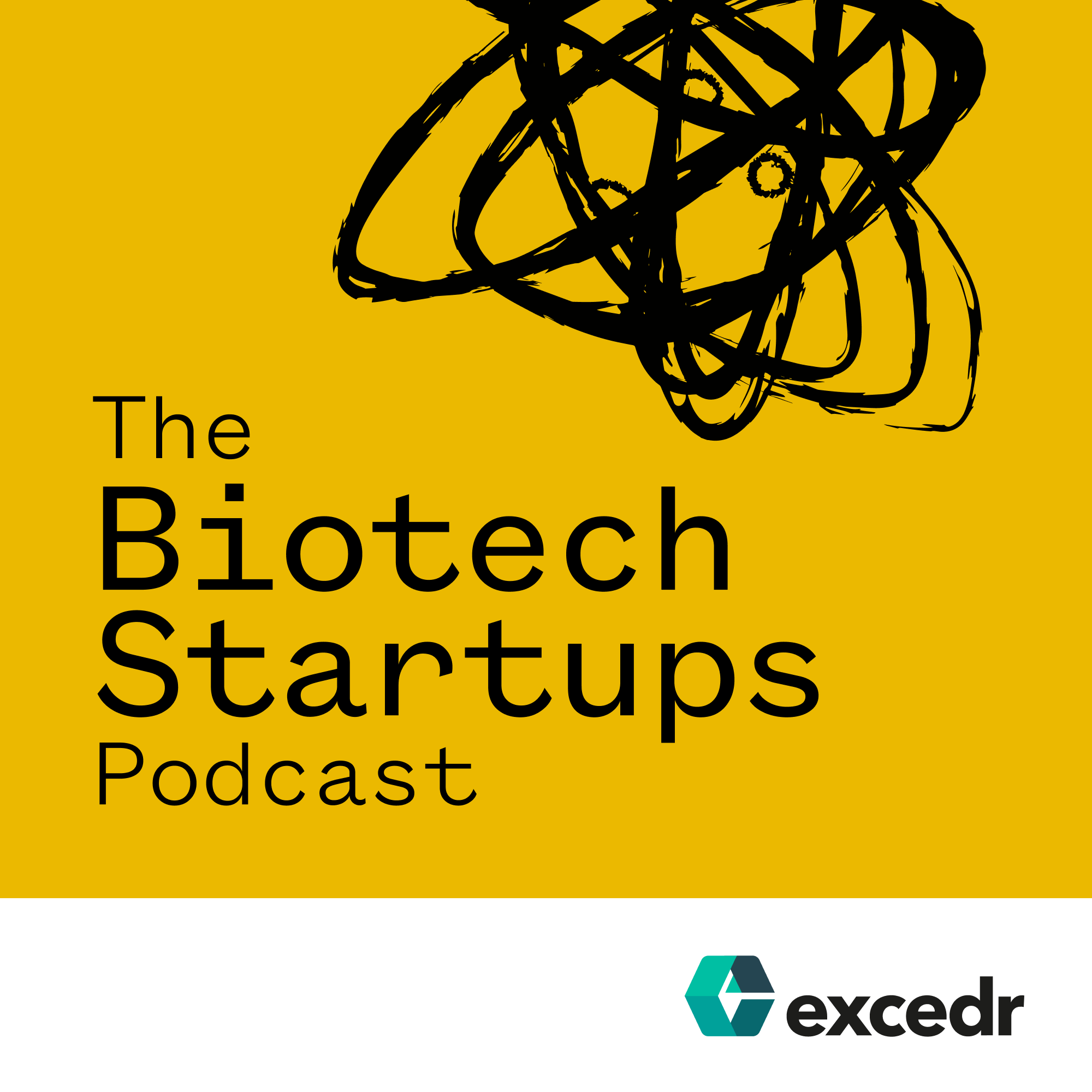🧬 Stavros Papadopoulos: Transforming Data Management (Part 4/4)
March 13, 2025

In this final part of our conversation with Stavros, founder and CEO of TileDB, we explore the challenges and opportunities in transforming data management within the life sciences sector. Stavros discusses how smaller organizations often lag behind in adopting innovative solutions due to lack of awareness and reliance on existing tools, while larger companies like big pharma are more proactive in seeking advanced technologies.
Stavros highlights the importance of behavioral change in technology adoption, emphasizing that companies should focus on their core competencies rather than building infrastructure. He draws parallels with AWS, which revolutionized server management by allowing companies to focus on their products rather than infrastructure. The conversation also touches on the moral obligation of life sciences companies to optimize efficiency, given the impact on human lives.
🧬 The Biotech Startups Podcast is powered by Excedr—helping life science startups accelerate R&D and commercialization with founder-friendly equipment leasing. Skip the upfront costs, stay lean, and focus on breakthrough science.
As a TBSP listener, you get exclusive perks through Excedr’s partner network—special savings, promotions, and more. Explore these offers today: https://www.excedr.com/partners.
"In life sciences, time is more important for all stakeholders. Because if you're working in life sciences, you have an obligation. You have a moral obligation to be very efficient, if not optimal."
In this final part of our conversation with Stavros, founder and CEO of TileDB, we explore the challenges and opportunities in transforming data management within the life sciences sector. Stavros discusses how smaller organizations often lag behind in adopting innovative solutions due to lack of awareness and reliance on existing tools, while larger companies like big pharma are more proactive in seeking advanced technologies.
Stavros highlights the importance of behavioral change in technology adoption, emphasizing that companies should focus on their core competencies rather than building infrastructure. He draws parallels with AWS, which revolutionized server management by allowing companies to focus on their products rather than infrastructure. The conversation also touches on the moral obligation of life sciences companies to optimize efficiency, given the impact on human lives.
Key topics covered:
- Challenges for Smaller Organizations: Overcoming barriers to adopting new technologies due to limited awareness and resources.
- Adoption Contrast: Big pharma vs. smaller organizations in embracing innovative solutions.
- Behavioral Change in Technology Adoption: The need for mindset shifts in leveraging external solutions.
- Efficiency in Life Sciences: The moral obligation to optimize time and resources in the sector.
- Parallels with AWS: How outsourcing infrastructure can accelerate innovation and focus on core competencies.
If you enjoy The Biotech Startups Podcast, please consider subscribing, leaving a review, or sharing it with your friends. Thanks for listening.
Subscribe to the podcast:
Youtube: https://www.youtube.com/@excedr
Find our guest, Stavros Papadopoulos, at these links:
LinkedIn: https://www.linkedin.com/in/stavrospap/
Find our host, Jon Chee, at these links:
LinkedIn: https://www.linkedin.com/in/jonchee
Learn more about Excedr
LinkedIn: https://www.linkedin.com/company/excedr/
Website: https://www.excedr.com
Resources & Mentions:
Crossing the Chasm by Geoffrey Moore: http://soloway.pbworks.com/w/file/fetch/46715502/Crossing-The-Chasm.pdf
Azure (Microsoft's cloud computing service): https://azure.microsoft.com/en-gb/
Companies & people mentioned:
MIT: https://www.mit.edu/
TileDB: https://tiledb.com/
AWS (Amazon Web Services): https://aws.amazon.com/
Millipore Sigma: https://www.sigmaaldrich.com/
Y Combinator: https://www.ycombinator.com/
PlayStation: https://www.playstation.com/
Jake Glanville: https://www.linkedin.com/in/jacobglanville
Jeff Bezos: https://x.com/jeffbezos?lang=en
Timestamps:
00:00 Intro
01:10 Discussion on working with smaller companies and scalable products
02:16 Stavros explains how TileDB can replace solution architects
05:07 Discussion on freeing up resources for high ROI initiatives
06:22 Stavros highlights the difficulty of behavioral changes in adopting new technologies
10:16 Jon reflects on the importance of valuing time in life sciences
12:57 Introduction of TileDB's new product, Carrara
18:16 Discussion on meeting users where they are with Carrara
20:06 Stavros shares his vision for TileDB's future adoption
23:30 Jon expresses enthusiasm for TileDB's impact on health outcomes
26:15 Shoutouts to supporters and team members
29:32 Advice to his 21-year-old self
30:30 Outro
The Biotech Startups Podcast gives you a front-row seat to the business and science of building a biotech. Hosted by Jon Chee, CEO of Excedr, the show features honest conversations with founders, execs, and investors about their work, their companies, and how they got there. From scientific breakthroughs to startup lessons, each episode explores what it really takes to grow a life science company—from pre-seed to IPO.